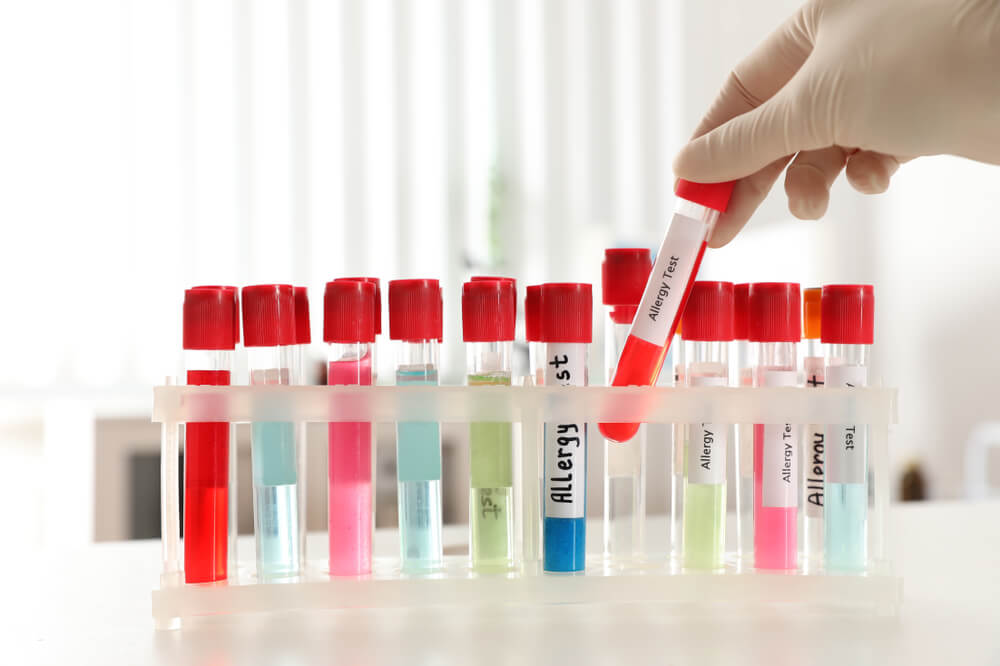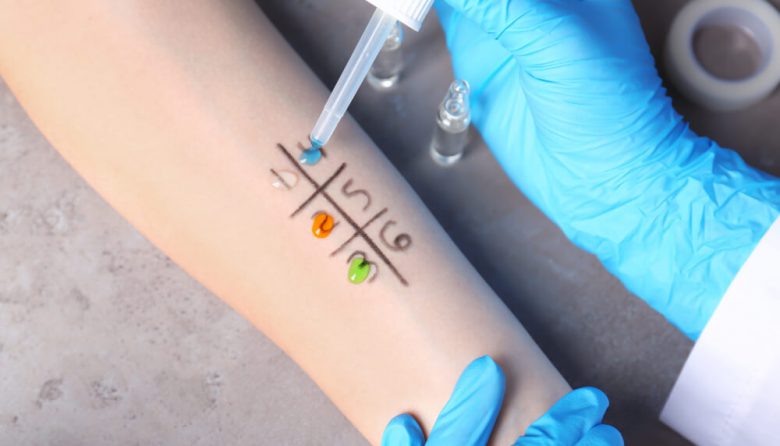Have you broken out in an itchy rash after enjoying your family dinner or taking your medication? Chances are, you have an allergy. Medically, there are hundreds of potential substances that may cause allergic symptoms. Although animal dander, pollen, and particular foods are the most common, they are not always the case. You may need to test for allergies to find out what substance is the culprit of your unsightly hives. And the first thing to do is to get a physical.
What is allergy testing and what steps does it include?
In layman’s terms, allergy testing is an examination that helps determine the substances that your body overreacts to. It starts with a doctor scrutinizing your medical records, followed by a focused physical. Based on your family history, lifestyle habits, and exam findings, a physician will select the allergens that most likely cause your symptoms.
So, how does allergy testing work? Once the allergens are selected, you will be exposed to them one by one. A doctor will observe your body’s response to each substance to check for bouts of hypersensitivity. Usually, allergic reactions are not long in coming and manifest themselves as hives, sneezing, or chest tightness.
5 Types of allergy tests you must be aware of

Allergies vary, and so do the tests that are carried out to diagnose them. Depending on your particular case, your doctor may want you to go for:
- Skin tests. Known for their accuracy, these tests use a tiny bit of an allergen directly on the skin (usually forearm) to check for redness, welts, and other unwanted reactions. A selected substance is applied either with a prick device or as an intradermal injection.
- Blood tests. They are an alternative option for patients who are not good candidates for skin tests. First, a doctor will collect your blood sample. It will then be mixed with an allergen in a lab environment to estimate the antibody concentration.
- Oral food challenges. During these tests, you will eat small amounts of food that your body may be hypersensitive to. Because allergic reactions can be dangerous, oral food challenges are always carried out under the physician’s guide.
- Drug challenge. It refers to testing for allergies to medications (penicillin, anesthetics, etc.). Like foods, drugs are given in low doses, while an allergist watches for potential allergic reactions.
- Pulmonary function tests. If you have a seasonal allergy or asthma, your doctor may need to perform PFTs. These tests are used to measure how well your lungs work using the spirometer device.
It’s your doctor who can advise you on where to get an allergy test. He or she will also check whether you have any contraindications for specific testing methods. That is why you want to schedule an appointment first.

